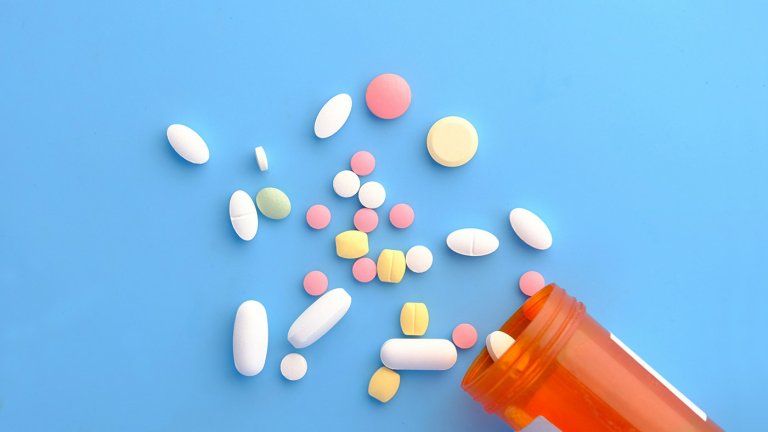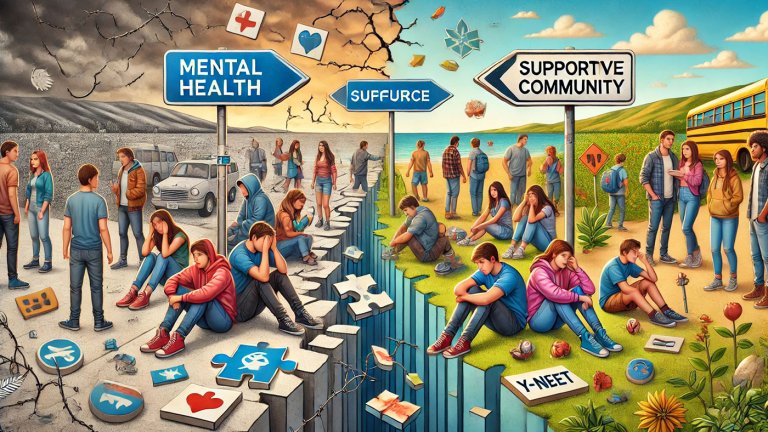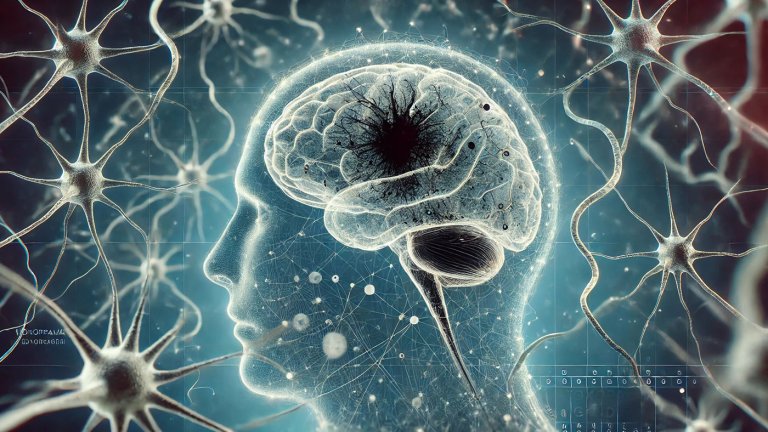The Link Between Antibiotics and Depression: What You Need to Know
Antibiotics are hailed as life-saving drugs, essential in fighting infections. Yet, recent research suggests that these medications may have an unexpected downside—an increased risk of depression. While antibiotics combat harmful bacteria, they also disturb the gut’s delicate balance, which may have a profound impact on mental health.
Understanding the Gut-Brain Connection
Your gut isn’t just for digesting food; it plays a crucial role in regulating your overall health, including your mental well-being. The trillions of microbes living in your gut form a complex system known as the gut microbiome, which communicates directly with your brain through the “microbiota-gut-brain axis.” When this system is disrupted—often through the use of antibiotics—the effects can extend beyond digestion and influence your mood and mental state.
How Antibiotics Can Lead to Depression
Research is shedding light on how antibiotics might increase the risk of depression. A study published in 2021 found that individuals who had recently taken antibiotics were more likely to develop depression. This occurs because antibiotics, while killing harmful bacteria, also eliminate beneficial microbes that contribute to brain health.
One of the key ways the gut microbiome affects mental health is through the production of neurotransmitters such as serotonin, which helps regulate mood. When antibiotics alter the balance of gut bacteria, it can disrupt the production of these vital chemicals, potentially leading to depression.
Inflammation and “Leaky Gut”
Antibiotics can also trigger inflammation, which has been closely linked to depression. When the gut microbiome is disrupted, it can lead to a “leaky gut,” where the gut lining becomes more permeable. This allows toxins and other harmful substances to enter the bloodstream, causing systemic inflammation. Chronic inflammation, in turn, can affect brain function and increase the risk of mood disorders such as depression.
Protecting Your Gut and Mental Health
Given the critical role the gut plays in mental health, it’s essential to take steps to protect your microbiome when taking antibiotics:
- Take Antibiotics Only When Necessary: Antibiotics should only be used for bacterial infections, not viral illnesses like the flu or a cold. Taking them unnecessarily can disrupt your gut without providing any benefit.
- Incorporate Probiotics: Probiotic supplements and fermented foods like yoghurt, kefir, and sauerkraut can help restore beneficial bacteria in the gut during and after antibiotic treatment.
- Eat a Fibre-Rich Diet: A diet high in fibre, including whole grains, fruits, and vegetables, can promote a healthy gut microbiome by feeding the beneficial bacteria.
- Be Mindful of Your Mental Health: If you notice changes in your mood or experience symptoms of depression after a course of antibiotics, it’s important to consult with a healthcare professional. They may recommend ways to restore gut health and support mental well-being.
The Future of Mental Health and Gut Research
The connection between the gut and mental health is an exciting area of ongoing research. Scientists are exploring whether therapies that restore gut health, such as probiotics and faecal microbiota transplants, could become part of the treatment for depression and other mental health conditions.
While antibiotics remain essential for treating bacterial infections, it’s important to be aware of their potential side effects on gut and mental health. By taking steps to maintain a healthy microbiome, you can protect your body and mind from the unintended consequences of these powerful drugs.
This growing body of evidence highlights the importance of looking after your gut health, particularly during antibiotic treatments. Next time you’re prescribed antibiotics, consider how best to support your gut—because your mental health may depend on it.






